-45%
SOLOBO Emotions Coin Drop Toy for Emotional Intelligence
Original price was: $98.00.$54.00Current price is: $54.00.
This feelings toy features 30 wooden coins with happy, sad, angry, surprised, silly, and anxious. Child development experts say it’s one of the best social emotional learning activities for children.
Add to cart
Buy Now
The Coin Drop Toy: A Tool for Emotional Exploration
The coin drop toy serves as an innovative and interactive mechanism that enhances social-emotional learning in toddlers. At its core, this engaging device allows children to explore and express their emotions in a tangible manner. The toy typically consists of a container where kids can drop various coins, each associated with a distinct emotion. For instance, a shiny gold coin might signify joy, while a dark-colored coin can represent sadness. This unique method of emotional representation fosters an understanding of complex feelings.
Through the act of dropping coins and identifying the corresponding emotions, children are encouraged to articulate their feelings. As they manipulate the toy, they learn to recognize emotions not only in themselves but also in others. This recognition is crucial for developing empathy, a core component of emotional intelligence. By understanding different emotions, toddlers can enhance their ability to engage with peers and adults more meaningfully.
Educators and parents can utilize several practical activities to maximize the effectiveness of the coin drop toy in fostering emotional exploration. One simple exercise involves having children select a coin that reflects how they feel that day. After choosing, they can share their emotions with a caregiver or classmate, promoting dialogue about feelings. Another engaging activity could involve creating scenarios using puppets or dolls, where children can identify which coin would represent the emotions of the characters involved. Such interactive practices not only make learning enjoyable but also provide a supportive environment where young learners feel safe to express themselves.
Overall, the coin drop toy is an invaluable resource in social-emotional learning. By providing a physical outlet for emotion identification and expression, it empowers toddlers to navigate their feelings and enhances their social development within a playful framework.
Understanding Social-Emotional Learning (SEL) in Early Childhood
Social-emotional learning (SEL) is a vital aspect of early childhood education that focuses on the development of emotional intelligence and social skills in young children. The core components of SEL encompass self-awareness, self-regulation, social awareness, relationship skills, and responsible decision-making. Each component plays a significant role in helping children navigate the complexities of their emotions and interactions with others.
Self-awareness involves recognizing one’s emotions, strengths, and limitations. For toddlers, this foundational attribute allows them to articulate their feelings, which fosters communication and reduces frustration in social situations. Self-regulation, on the other hand, is the ability to manage one’s emotions and behavior in various contexts. This skill teaches children how to cope with stress and control impulses, essential for building positive relationships.
Social awareness encompasses the ability to empathize with others, understanding diverse perspectives and cultural differences. This understanding cultivates respectful interactions and minimizes conflicts, as children learn to appreciate the emotional landscapes of their peers. Relationship skills, another key facet of SEL, involve the capacity to establish and maintain healthy relationships through effective communication, teamwork, and conflict resolution.
Responsible decision-making encourages toddlers to think critically about their choices and the possible outcomes. It instills a sense of accountability for actions taken, which is crucial for personal and social development. Fostering these SEL skills in early childhood lays a strong foundation for positive social interactions and emotional resilience in later years.
To implement SEL effectively within early learning environments, educators can utilize interactive tools such as coin drop toys. These toys not only provide hands-on learning experiences but also encourage toddlers to engage with their emotions and those of their peers during play. Strategies to enhance SEL may include role-playing scenarios, group activities, and discussions around emotions, all crucial in creating an environment where young learners can thrive emotionally and socially.
Shipping Details
- Please pay more attention to your order address which MUST MATCH your shipping address. (If you’re from Russia, Please leave your full name. It is very important)
- Items will be shipped within 3 business days after payment.
- Please check items when delivered, if damaged, please kindly accept it and contact us immediately. We will make a confirmation and resend you a new one.
| Shipping By | Shipping Cost | Estimated Delivery Time | Tracking Information |
| Thembay Express | Free Shipping | 12-20 days | Not available |
| LEX | $20.00 - $50.00 | 04-12 days | Available |
| Lorem Ex | $26.00 - $70.00 | 03-17 days | Available |
Packaging Details
- Unit Type: piece
- Package Size: 25cm x 32cm x 5cm (9.84in x 12.60in x 1.97in)
- Package Weight: 0.56kg (1.23lb.)



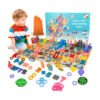
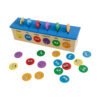
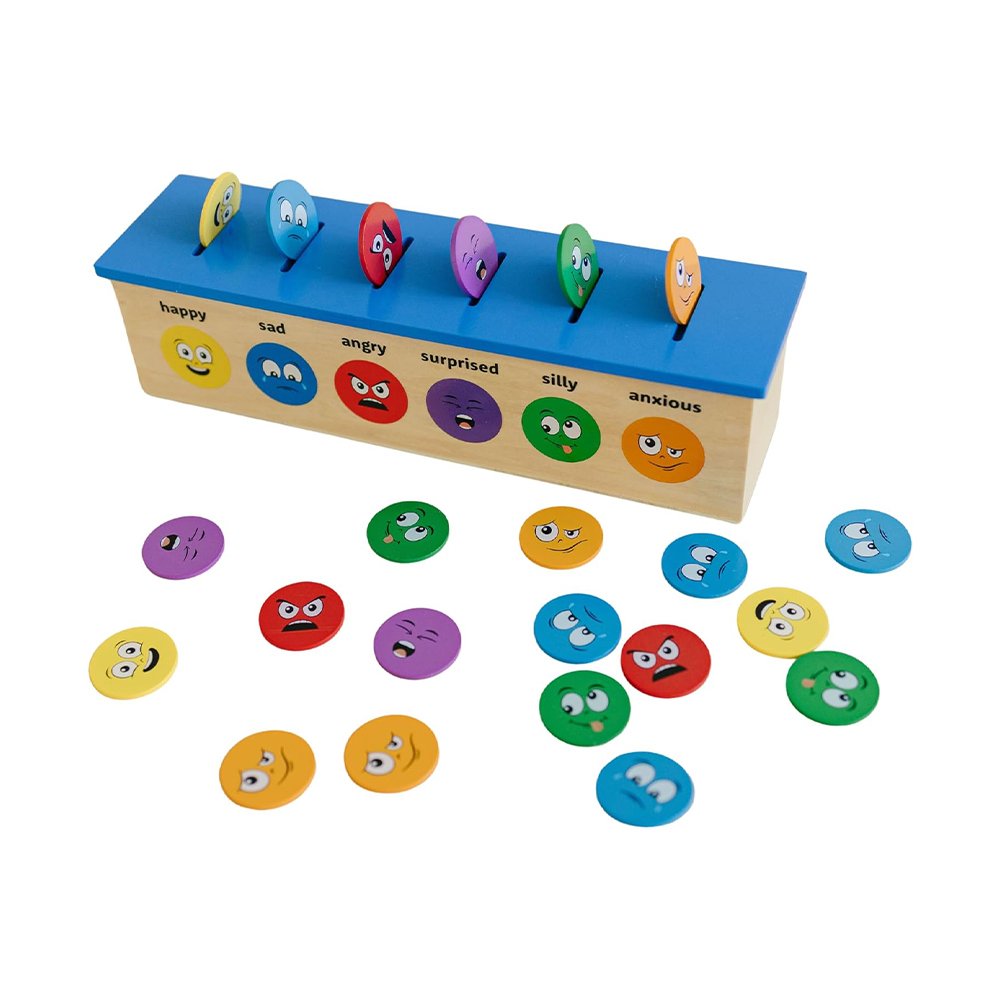
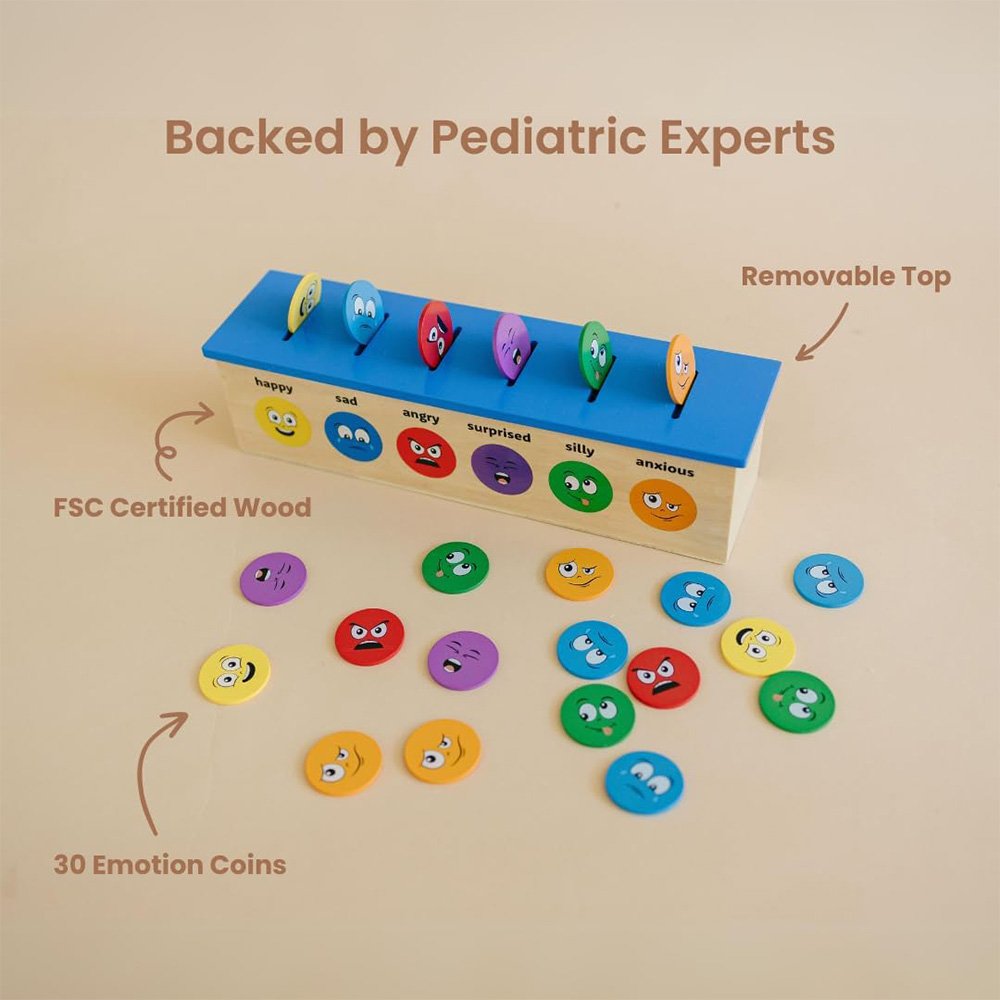
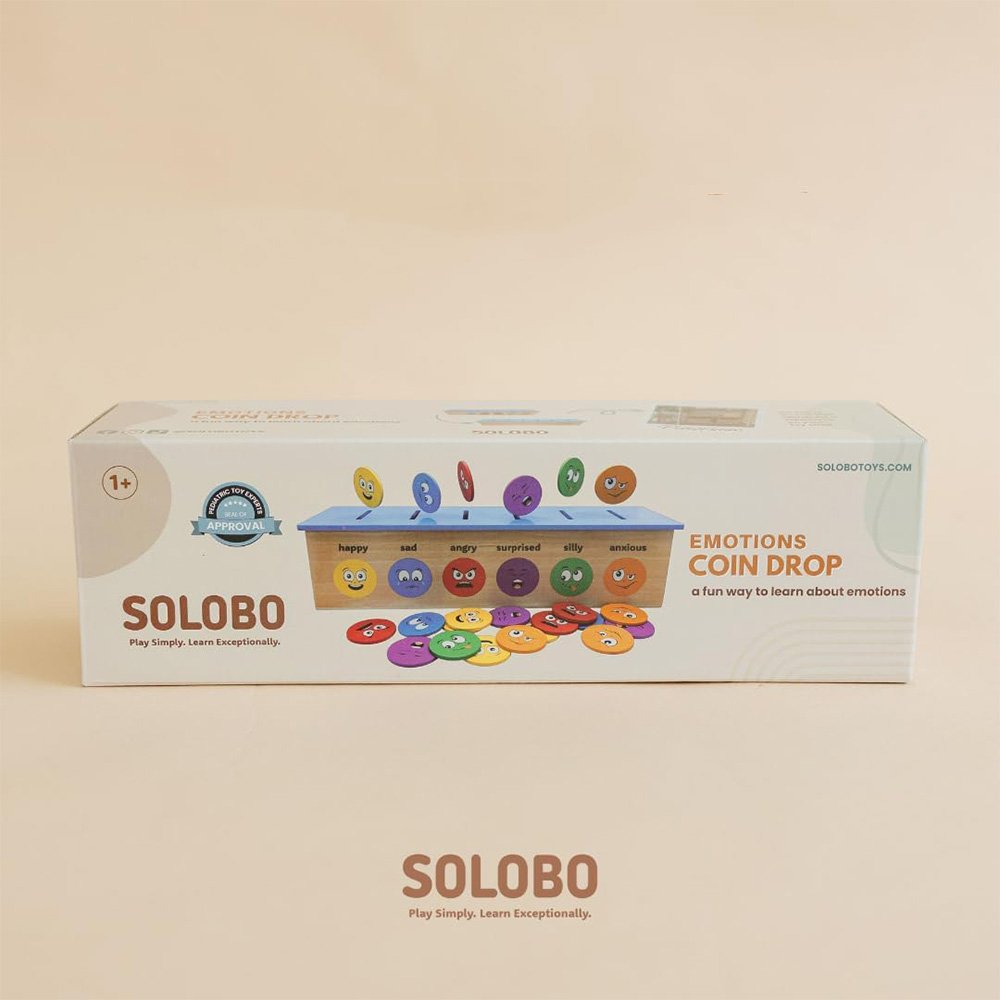
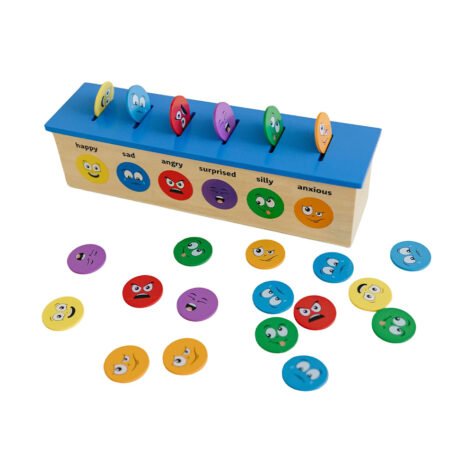


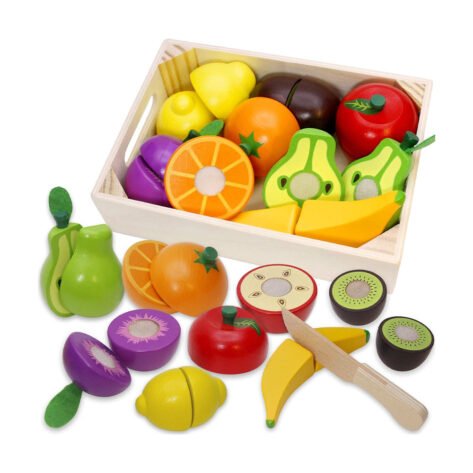
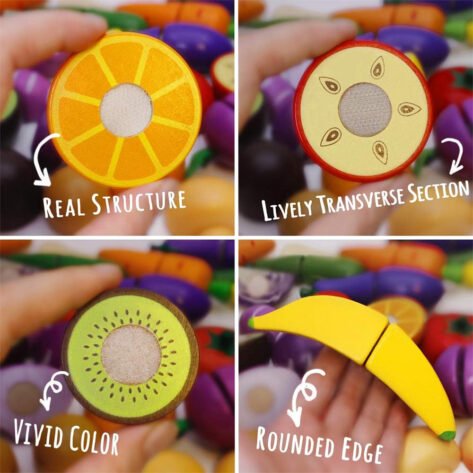
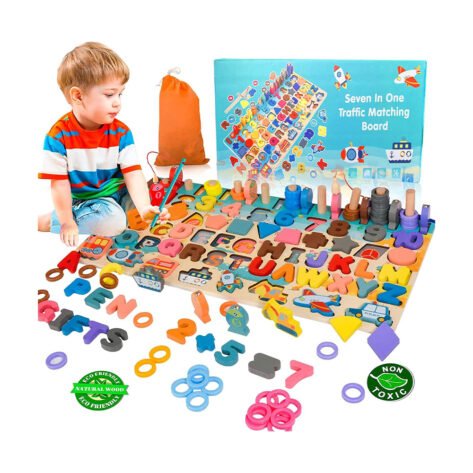
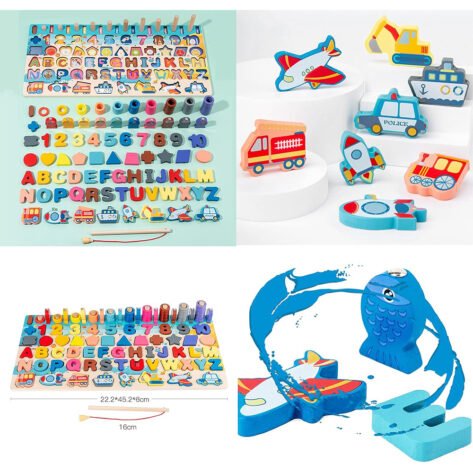







Reviews
There are no reviews yet.